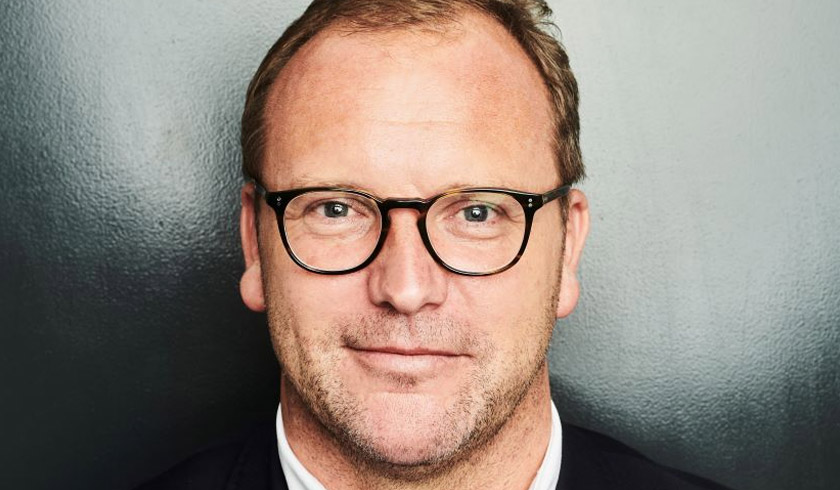Why property is key to a successful investment portfolio

Backed by his personal experience, which began when he snapped up his first property in Cronulla at the age of 21, Johnston Advisory managing director Ben Johnston has spent 25 years merging what he loves most – accounting and property.
In over two decades, his main advice remains the same: “Make property the cornerstone of your portfolio.”
“It just opens doors for other avenues of investing, too. By having the leverage to use property as security, it helps in business, and other forms of investment as well.
“I feel passionately that having a property in your portfolio is key,” Mr Johnston said.
Being an accountant, Mr Johnston is very passionate about the tax benefits of property investing.
“I own multiple properties at the moment. But the key of my advice to clients is, where possible, due to the tax advantages and so forth, focus on your own home. Upgrading through your own property is where we’ve had a lot of success,” the managing director commented.
Mr Johnston revealed the three main reasons why he believes property trumps all other investment assets:
1. Physical security
According to the managing director, property offers a solid foundation for an investment portfolio due to its ability to serve as financial leverage.
“When you go to leverage, when you want to start a business or you want to open an investment portfolio… the banks will want to lend against physical security.
“So, to have a property and build up equity in that property is really important to be able to leverage on,” he explained.
2. Confidence in property
Property also offers stability as the need for shelter will always ensure it has a certain level of desirability, Mr Johnston said.
“People like to own assets that they can see and that they can touch, and possibly use as their own principal place of residence or a holiday home. I think they just feel generally secure with that.
“So, I like to advise my clients to invest in property on that basis, so they have something that’s stable,” according to him.
Australia’s buoyant tenancy market will also secure an income stream that could support an investor’s portfolio in the long term, he added.
3. Australia’s passion for property
Finally, Mr Johnston cited Australia’s innate passion for property as the catalyst for its popularity as an asset class.
“A lot of them follow property as a pastime. Without realising it, they’re doing a lot of research. Whereas, with shares, you really need to be either buying shares and sitting on them for a long time… really be researching and following it almost hourly, the way it is at the moment.
“So, I think property is something that kind of comes somewhere in between, where you need to do your research, but it’s also a long-term gain that you’re hoping to make. For people that are a bit risk-averse, I think property is the best way to go
“Property is an asset that is incredibly resilient,” he commented.
What’s next
For those wanting to jump into the property market, Mr Johnston suggested looking at their backyard first.
According to him, the familiarity will allow investors to know which streets are generally good or bad for investment, particularly in terms of desirability.
The managing director also recommended engaging property professionals, but urged caution.
“It’s different [with buyer’s agents] because you’re seeking them out to go and find you a property. But if you’re sitting with a financial adviser or an accountant and they’re selling you a property, I’m always skeptical of that.
“Any property that I’ve seen go bad has been on the back of that, and that’s because that decision has been driven by the self-interest of the advisoe, knowing that they’re going to get commissions out of it,” according to the managing director.
Ultimately, Mr Johnston advised investors to do their due diligence and research independently before making a purchase decision.
“There is no quick gain in property. There are spikes in periods like today… but realistically, you should be holding a property for 10, 15, 20-plus years and going for sustained growth.
“People should go in with their eyes open. Things are going up at a rate of knots, but I don’t think people should get caught up in the whole FOMO thing and think that they have to dive in right now… If they wait six or 12 months until they get their finances in order, they get their savings to where they want to be, I don’t think that’s too late,” Mr Johnston concluded.
